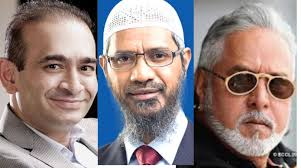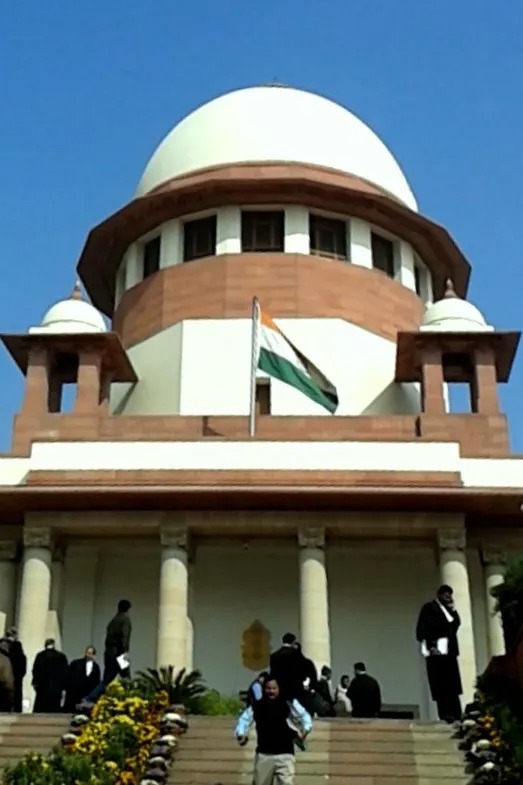@JUDGMENTTAG-ORDER
Rajes Kumar, J.@mdashThese are three appeals u/s 173 of the Motor Vehicles Act. F.A.F.O. No. 90 of 2003 arises out of the Judgment/ award dated 31.10.2002 passed by the Motor Accident Claims Tribunal, Pratapgarh in Claim Petition No. 54 of 1992, Fashi and Anr. v. Mohd Naseem and Ors. F.A.F.O. No. 91 of 2003 arises out of the award dated 31.10.2002 passed in Claim Petition No. 51/1992 and the F.A.F.O. No. 92 of 2003 arises out of the award dated 31.10.2002 passed in Claim Petition No. 53/1992.
2. Since all the three appeals arise from one accident dated 17.4.1994, therefore all the three appeals are being decided altogether.
3. Brief facts of the case are that on 17.4.1994, the accident took place when Mini Bus turned turtle and three persons including one Cleaner and two passengers died. All the claimants who are the heirs of the deceased filed aforesaid three claim petitions which have been allowed by the impugned orders stated above and compensation have been awarded to the claimants. Being aggrieved by the order of the Tribunal, present three appeals have been filed.
4. Heard Shri M.S. Kotwal appearing on behalf of the appellants, Shri Akhilesh Chauhan appearing on behalf of the claimants and Shri Ashok Kumar Tripathi on behalf of the owner of the vehicle.
5. Shri M.S. Kotwal at the very outset submitted that no permission has been granted u/s 170 of the Motor Vehicles Act. He submitted that his case is confined to the Section 149(2) of the Act. He submitted that in all the claim petitions, Abdul Sattar was arrayed as a party and was shown as a driver of the vehicle. He did not turn up and has not contested the case. During the proceedings, the owner of the vehicle filed joint written statement with Shri Murtaza stating therein that the driver of the vehicle was Murtaza. Murtaza also admitted that he was the driver of the impugned vehicle. He submitted that Abdul Sattar has been charge-sheeted as a driver of the vehicle. It appears that Abdul Sattar did not possess driving licence. Therefore, owner of the vehicle has preferred to substitute the name of Shri Murtaza as a driver of the vehicle in place of Abdul Sattar, In this view of the matter, the presumption is that Abdul Sattar did not possess the proper driving licence and it amounts to the violation of the insurance policy and therefore, insurance company could not be held liable to pay the award and it is the owner of the vehicle who is liable to pay the award. Apart from the aforesaid, he did not submit any more.
6. Learned Counsel for the owner of the vehicle submitted that the name of Abdul Sattar is not mentioned in the F.I.R. It is not clear from the charge-sheet that how name of Abdul Sattar has been shown as a driver of the vehicle which is apparent from the charge-sheet. He further submitted that when owner of the vehicle submitted that the driver of the vehicle was Murtaza and Murtaza admitted that he was the driver of the vehicle in absence of any material to the contrary merely because the claimants have made Abdul Sattar as a party in the claim petition as a driver, Abdul Sattar cannot be held to be a driver of the vehicle. He submitted that if the insurance company alleges that Abdul Sattar was the driver of the vehicle and not Murtaza, the burden lies upon the insurance company to prove the same. He further submitted that apart from this, insurance company should prove that Abdul Sattar did not possess a driving licence to bring the case within the ambit of Section 149(2) of the Act which insurance company failed to establish.
7. Learned Counsel for the claimants reiterated the same arguments.
8. We have heard submissions of learned Counsel for the appellants and perused the impugned order and the material available on record. We find that there is no substance in the argument of the learned Counsel for the appellants. The evidence on record reveals that the owner has contended that the driver of the vehicle was Murtaza and Murtaza has also admitted that he was driver of the vehicle and driving the vehicle when the accident took place. There is no material to show that the name of Abdul Sattar was mentioned in the F.I.R. Copy of the F.I.R. is not on record. A perusal of the charge-sheet reveals that no basis has been given treating Abdul Sattar as driver of the vehicle. We are of the view that since it was the case of the insurance company that Abdul Sattar was driver of the vehicle at the time of the accident, the burden lies upon the insurance company to prove the same. Apart from aforesaid, insurance, company should also prove that Abdul Sattar did not possess proper driving licence to bring the case within the ambit of Section 149(2) of the Act which insurance company failed to prove. The finding of the Tribunal in this regard, is finding of fact which on the facts and circumstances of the case, cannot be said to be perverse or based on any material. We are also of the view that merely because in the claim petitions, claimants have made Abdul Sattar as driver of the vehicle, he cannot be treated as the driver of the vehicle. It was open to the owner of the vehicle to take the plea that driver was not Abdul Sattar but Murtaza and same cannot be disbelieved in the absence of any contrary material. The owner of vehicle stated that Murtaza was the driver driving the vehicle at the time of accident and Murtaza also admitted that he was driving the vehicle. Thus, in the absence of any contrary material, there was no reason to disbelieve the statements.
9. For the aforesaid reasons, we do not find any merit in the appeals and and the same are dismissed.
Registry of the High Court is directed to remit the entire amount deposited in the present appeals to the Tribunal within a period of of four weeks and the appellant is directed to deposit the balance amount within a period of four weeks with the concerned Tribunal and the amount shall be released to the claimants.

